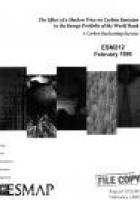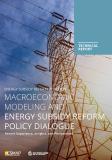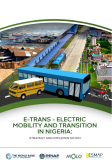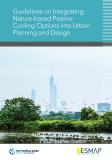Publications
The World Bank has pledged to ensure that its activities are consistent with the United Nations Framework Convention on Climate Change (UNFCCC) and to assist its clients in meeting their commitments. Because energy generation is a key source of greenhouse gas (GHG) emissions, this pledge will affect the Bank's investment strategy in the energy sectors of client nations. To inform the debate over suitable strategies for the Bank, the Federation of American Scientists (FAS) recommended that the Bank examine how the economic analyses of recently approved energy projects might have been affected by including a carbon shadow price.
This carbon backcasting study was commissioned by the Bank in response to the FAS recommendation, and uses methods that were developed in a scoping study commissioned by the U.S. Agency for International Development (USAID). It had two objectives:
- To analyze the effect of placing a shadow price on carbon emissions for a sample of recently approved energy loans to determine whether the shadow price could adversely affect their economic analyses; and
- To conduct an analysis of whether a shadow price would encourage investment in low-carbon alternatives.
Related Links
Publications
- Planning for a Low Carbon Future | Lessons Learned from Seven Country Studies
- Low Carbon Country Studies: Brazil | China | India | Indonesia | Mexico | Poland | South Africa
- Low Carbon Development | Briefing Notes




